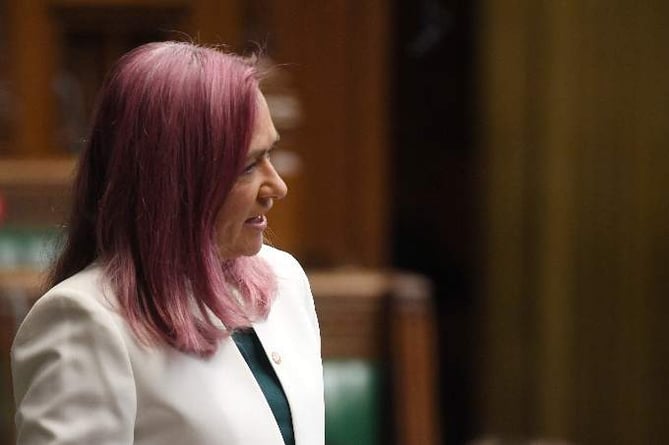It is little surprise that voters believe honesty to be the value most absent from British politics. While we appreciate contrite apologies for ‘misspeaking’ (we all slip up), wilful deceit by those holding public office affronts the majority of us, as conversations surrounding ongoing political events demonstrate.
Public indignation towards deceitful politicians is heightened by the knowledge that under similar circumstances the rest of us lie at our peril. For you, penalties for either perjury or perverting the course of justice are likely to be criminalising. Doctors, teachers, lawyers, along with many other professionals, caught lying in their work capacity are routinely hauled before committees, their livelihoods at risk. Businesses must not mislead; must conform to trade descriptions and advertising standards legislation or face substantial fines. The role of OFCOM is to ensure British media, often intending to sway an opinion, does not outright lie. And as and when the public are misled, it is understood that corrections must be swift, or sanctions increased.
So, it feels anomalistic that there is no equivalent mechanism for elected officials. The explanation seems to be that there was once a convention that those in elected office found to have made misleading public statements were expected to correct, resign, or face being sacked. It was once thought that a Prime Minister was self-evidently honourable, obviously above shenanigans, possessed the integrity to oversee this code when applied to government.
But it seems those days are over. A void in accountability. And although current events prove that no one can lie and lie with utter impunity, it remains the case that elected representatives can wilfully mislead without threat of meaningful penalty. A state of affairs that maintains the credibility gulf between public and public office.
Plaid Cymru’s Liz Saville Roberts MP describes the current situation as, ‘each day now brings with it more deception, dishonesty, and duplicity from the highest levels of government. Lies have been told to win elections, spread hate, and evade scrutiny. The consequence has been the withering away of public faith in democracy and the trashing of common values.’
It is hard to disagree. This explains why an impressive 73 per cent of voting-age public support Saville Roberts’ recently introduced Prohibition of Deception Bill. The Bill had been previously introduced by Plaid Cymru in 2007, aimed at holding Tony Blair accountable for disseminating misleading information justifying the Iraq War. The Bill failed without Conservative Party and Labour Party support. In all likelihood this 2022 reincarnation will also stumble. So, the void in accountability seems set to continue. And so will our distrust. For changes in personnel solve nothing while accountability relies on our representatives ‘doing the right thing’.
And this matters because the credibility of elected officials matters. We have been fed so much guff over recent years that it has become rational to be initially sceptical of just about anything we are told. This matters because, for example, whatever we each believed about Covid, with so much dishonesty flying about our ears, it became tricky to challenge those who stubbornly refused to believe a word said by any official.
It matters to any half-decent parents, guardians, or educators, trying to explain to our children why lying will not serve them well. It matters because others seeking public office will infer that freedom to lie is a perk of power.
So, here is the radical idea; Plaid Cymru, Welsh Labour, The Liberal Party; assuming Saville Roberts’ Bill fails in Westminster, why not introduce a Prohibition of Deception Bill into the Welsh Assembly?
And let Wales be the change we all need to see.




